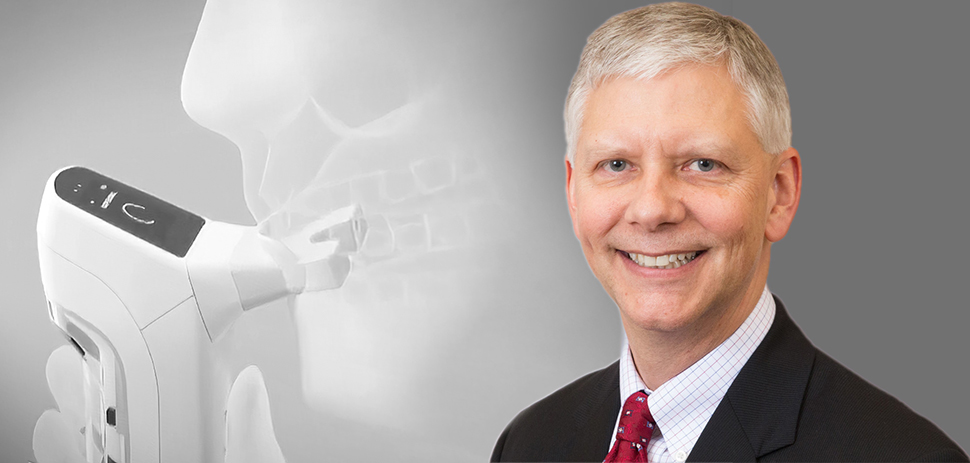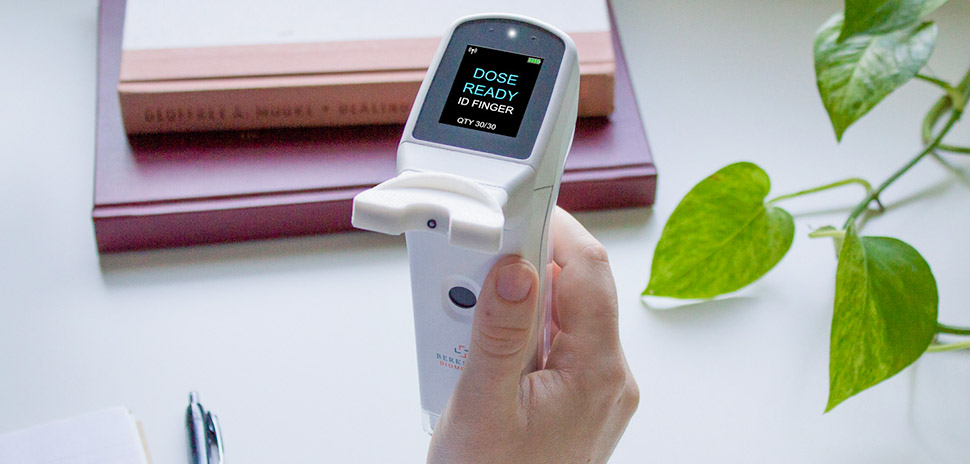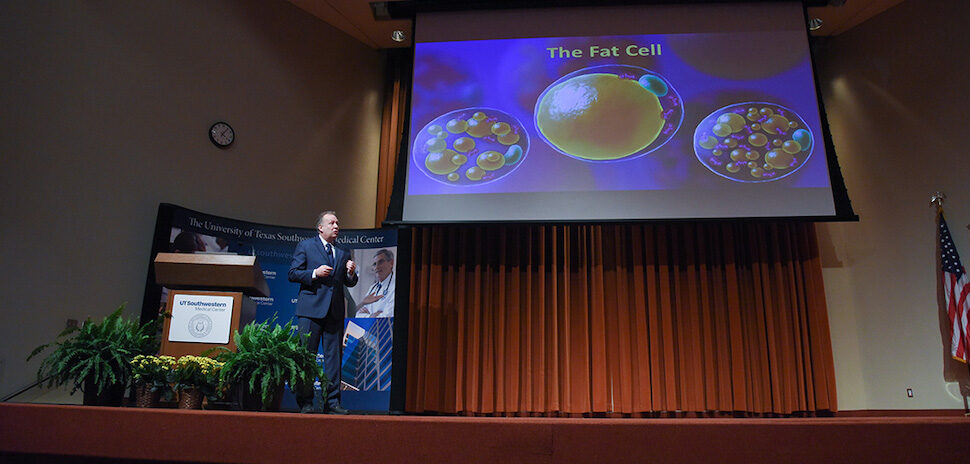Berkshire Biomedical Corp. is revolutionizing the at-home treatment process for opioid user disorder with its drug-dispensing system. With a prestigious two-phase innovation grant from NIH’s National Institute of Drug Abuse, the company marks a pivotal moment in advancing its technology.
The startup was awarded a two-phase Fast Track Small Business Innovation Research grant from the National Institute of Health’s NIDA. The award, which has a total value of over $2 million, will allow the company to continue developing its technology for use in people’s homes.
Berkshire Biomedical’s cutting-edge system—Computerized Oral Prescription Administration System, or COPA—has “immense potential” to enhance patient wellness and provide safe access to medication required for successful opioid addiction recovery efforts.
Additional NIH funding
In June, Berkshire got a $266,000 grant from the National Institutes of Health’s National Institute of Drug Abuse to help develop its proprietary, hand-held, automated personalized drug dispensing technology to enhance patient wellness. At the time, the startup had the potential for the additional NIH funding if its study was approved for a Phase II grant.
Berkshire says the total grant will support the continued non-clinical development of Berkshire’s COPA for at-home methadone administration as part of opioid user disorder, or OUD, treatment.
What is COPA?
The company said that COPA is a novel oral liquid dispensing system with remote monitoring and advanced analytics, specifically designed to deliver accurate and precise doses of controlled and non-controlled prescription medications to only a “biometrically authenticated intended user.”

John Timberlake, president and CEO, Berkshire Biomedical [Dallas Innovates; Image Sources: Berkshire Biomedical]
“With the completion and review of the Company’s Phase I progress, receipt of this second phase funding reflects the NIH’s continued belief in the strength of the technology behind COPA and its potential to significantly increase the number of persons, suffering from OUD, who would be allowed to utilize take home therapy,” Berkshire CEO John Timberlake said in a statement.
“Award of this research grant, for which Phase I proceeds were received in July 2022, is a significant achievement for the Company, given that only 15% of all applicants were chosen under this program in 2021.”
2.7 million people had Opioid User Disorder in 2020, Berkshire says
Citing the Substance Abuse and Mental Health Services Administration (SAMHSA), Berkshire said that it is estimated that 2.7 million people had OUD in the United States in 2020.
Data shared at the 2022 American Association for the Treatment of Opioid Dependence Conference noted that nearly 600,000 people receive treatment for their OUD at Opioid Treatment Programs (OTPs), utilizing medication-assisted therapy, primarily with methadone. Patients using medication for OUD saw a 76 percent lower overdose rate and a 32 percent reduction in opioid-related ER visits.
Berkshire said that patients’ retention of OUD treatment plans into their daily lifestyle is highest when structural advantages such as proximity to treatment clinics or approval for take-at-home use are supportive of the plan.
Filling a “critical need” for dispensing methadone
“It is clear that there is a critical need for a system capable of accurately and securely dispensing methadone for at-home use that incorporates real-time remote monitoring,” Timberlake said.
“This could allow existing OTPs to treat significantly more patients with the same resources and allow more patients to take or extend the number of days they are permitted to take their medication at home and avoid the disruptive nature of daily clinic visits.”
With the new NIH SBIR grant, Timberlake says the startup aims to “complete all necessary testing, followed by the subsequent submission of a De Novo medical device application for review by the U.S. Food and Drug Administration (FDA).”
Then, he said, “If cleared, our goal is to bring COPA to market to help more patients take control of their OUD and return to productive and rewarding lives.”
Berkshire Biomedical Corp. is a privately held medical device company.
![]()
Get on the list.
Dallas Innovates, every day.
Sign up to keep your eye on what’s new and next in Dallas-Fort Worth, every day.






































































